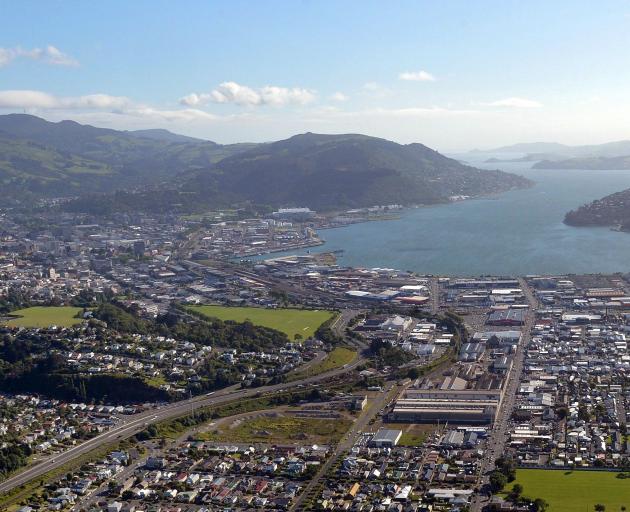
Dunedin's quality of life is increasingly valued by its residents and the city appears to have arrested an economic malaise.
Economic indicators for the city have looked mostly encouraging since 2013 and Dunedin is holding its own against other New Zealand cities, data compiled by Otago economist Benje Patterson shows.
"The prospect of jobs and improved income, coupled with a good lifestyle, attracted people to move to Dunedin," Mr Patterson said in a report to be discussed today by the Dunedin City Council’s economic development committee.

Statistics New Zealand estimates were population growth averaged 1% a year in the eight years to 2021, compared with a growth rate of 0.2% a year in the previous decade.
Mr Patterson compared the city with Auckland, Hamilton, Tauranga, Wellington and Christchurch in a series of measures.
In the latest data about quality of life, in 2020, Dunedin was nipping at Wellington’s heels for the No1 spot.
Ninety percent of Dunedin residents surveyed rated their quality of life as good or better, compared with 84% in 2012.
Dunedin lagged its city peers in the rate of start-up businesses last year, but closed the gap significantly on how far adrift it had been in 2013.
It was also last for export revenue growth, but the decline was slower than in the period from 2008 to 2013, when it had fallen sharply.
Dunedin ranked third for employment in knowledge-intensive industries, behind Wellington and Hamilton.
It was fourth for the proportion of residents with at least a bachelor’s degree, based on 2018 census data, behind Wellington, Auckland and Hamilton.
The Dunedin City Council set targets of 10,000 more jobs and $10,000 more in average wages between 2013 and 2023.
The city had been on course in employment growth before the Covid-19 pandemic coincided with a dip.
Incomes had lifted steadily since 2013 and the inflation-adjusted metric was just below what would be needed to lift incomes by $10,000 per person over the 10-year period.
Mean annual earnings went from $47,473 in 2013 to an inflation-adjusted $53,621 last year.
Gross domestic product (GDP) per capita grew by an average of 1.3% a year in the eight years to 2021, compared with 0.6% a year in the decade to 2013.
Average growth in GDP per job was 1% a year in the eight years to 2021, compared with 0.4% a year in the previous decade.
However, Dunedin household income had a higher rate of growth in the decade to 2013, improving by 4.9% a year, compared with 3.4% a year in the eight years to 2021.
Comments
I remember Dave Cull making 10,000 dollars/jobs in 10 years a target for the city and of course I was my usual cynical self about it at the time. But it seems to have been pulled off so congratulations to all involved.
When you compare a commute time in Dunedin of 10 - 30 minutes max to Auckland where it is common to commute for an hour or more, then it is easy to see how quality of life can be better in Dunedin.
What we don't need is greens destroying the one way system and disrupting other traffic movement - that will be a guaranteed way to lessen quality of life for Dunedin commuters.












